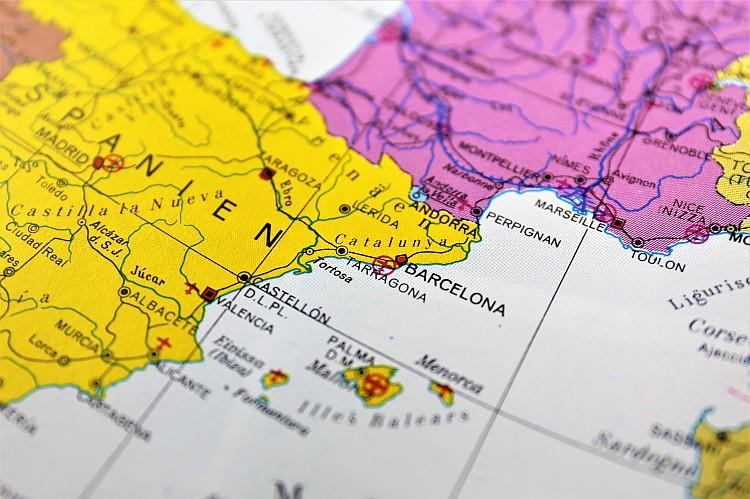Spain Opts to Transport Hydrogen through the Barcelona-Marseille "H2Med" Subsea Pipeline

Spanish government has changed its plans for supplies flowing through the subsea pipeline between Barcelona and Marseille. Initially expected to transport gas in its first phase, the pipeline will only transport green hydrogen, giving it a new name, “H2Med”.
The pipeline was proposed in October to substitute the MidCat pipeline, which was pitched by Spain and Portugal but later opposed by France. H2Med is part of the Green Energy Corridor, Which will link Spain, France and Portugal to the European Union’s energy network.
Spanish President Pedro Sánchez agreed to develop the project together with his French counterpart, President Emmanuel Macron, and Portuguese Prime Minister António Costa as a priority.
The project’s initial plan included a temporary transmission of a limited amount of natural gas, a transitory energy source. However, Spain dumped the temporary gas transmission plan and opted to transport green hydrogen through the H2Med subsea pipeline to benefit from the EU’s aid, Spanish government officials confirmed to a local daily, El Pais.
The estimation that the pipeline will not be operational until 2030 is another reason Spain dumped the project in favour of transporting hydrogen through the subsea pipeline.
According to sources interviewed by Reuters, the hydrogen pipeline is expected to cost about $2.1 billion (€2 billion). The details were divulged before the December 9 meeting in the Spanish city of Alicante between leaders of Spain, Portugal, France, and the European Commission President Ursula von der Leyen to discuss the project’s financing and implementation timelines.
The sources privy to the deal also added that the project could cost about $3.2 billion (€3 billion) depending on the underwater pipeline route since the $2.1 billion price tag does not include the cost of connecting the subsea pipeline to land.
According to Reuters reports, a Spanish government source and an Elysee official said leaders of the three countries involved in the project intend to apply for EU funding as early as this week.

